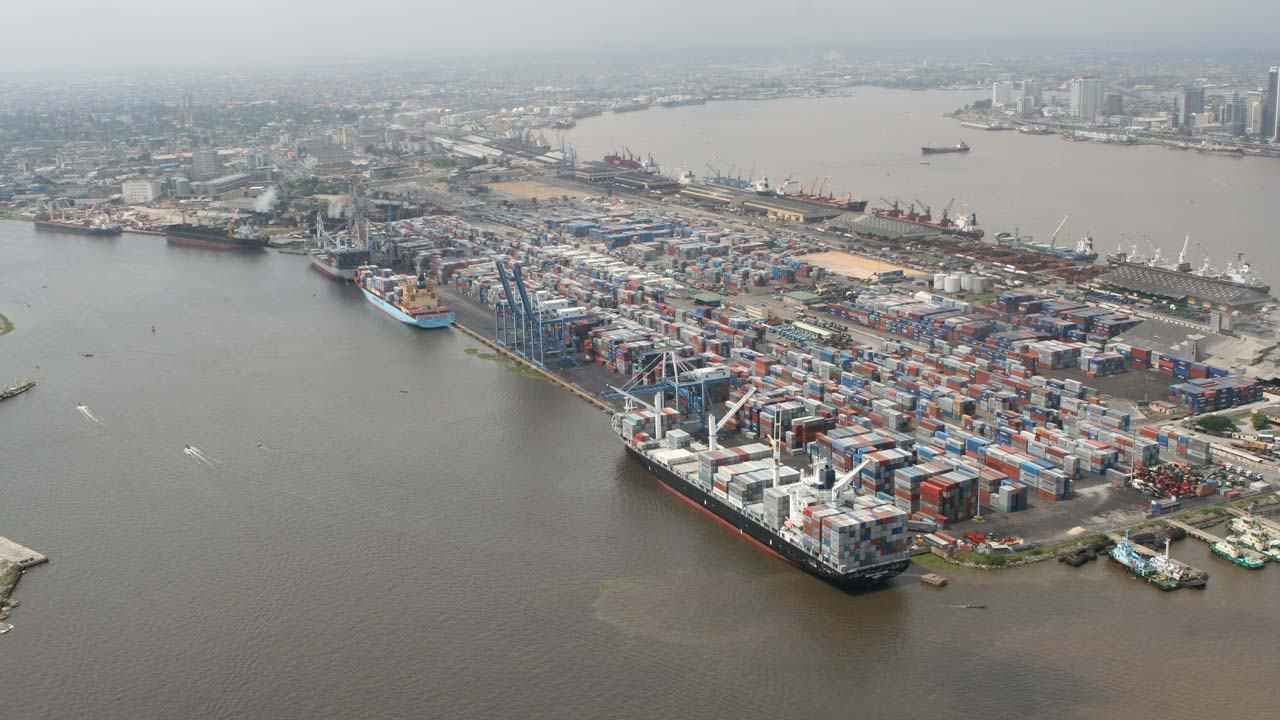
The non-crude oil export recorded N1001.23 billion representing 19.71 per cent of total export trade in the second quarter (Q2 2021).
The value of agricultural exports increased by 111.8 per cent compared to Q2 2020.
The Guardian learnt that export in agriculture produce such as cocoa beans, cashew nuts, sesame seeds, semi-processed ginger and garlic, shea butter, among others were damaged due to poor government policies, multi taxation, cost of production, corruption, lack of basic amenities at the terminals and cost of transportation from remote areas to the ports, among others.
According to the Nigerian Bureau of Statistics (NBS) report, the majority of the commodity exported out of Nigeria were transported via water, which accounted for N5,033.37billion representing 99.09 per cent, followed by Air transport that contributed N31.71billion representing 0.62 per cent and Road transport valued at N14.36billion representing 0.28 per cent.
Whereas, for Trade by Custom Ports and Post, the bulk of export transactions was conducted through Apapa port, valued at N4,727.95billion representing 93.08 per cent of total exports, followed by PortHarcourt (3), which recorded N165.85billion representing 3.27 per cent, while Tin Can Island recorded N123.49 billion representing 2.43 per cent.
President, Shippers Association of Lagos, (SAL), Jonathan Nicol, told The Guardian that exporters lost close to N90 billion of damaged exports due to the Apapa gridlock that delayed prompt attention to shipping goods.
He listed other factors to include, trucks demurrages, containers demurrages, shipping company charges, terminal charges, government agencies charges, levies official and unofficial, traffic gate levies, barge charges, and others.
He said some trucks took three months to access the filled-up terminals, as there was no space to drop export containers.
Nicol added that the infrastructures on ground could not cope with the volume of cargo accessing the ports at the same time, while costs were uncontrollable.
Nicol said the resultant effect was exporters hiring barges and berthing by the sides of vessels to load directly from the barges to the vessels, describing it as “harrowing experiences.”
“Harvest season is very close. After harvesting, they will process before shipment. We will know the exact port situation when massive export cargo starts coming up. At the moment, the situation in the port is manageable.
“I am aware that a lot of our export cargoes were priced less due to their quality arising from Apapa gridlock. You know most of the Agro products are perishable. The value of these products does not meet the expectations of the exporters. A lot more were rejected,” he added.
Former Chairman, Nigerian Association of Chamber of Commerce, Industry, Mines and Agriculture (NACCIMA) Export Group, Kolawole Awe, said exporting has been made very difficult in Nigeria with exporters counting their losses in huge numbers.
Awe, who is also the Chief Executive Officer, XPT Impex Limited, said the timeline for exporting cargoes has been difficult due to the congestion at the ports, as most vessels use about 21 to 48 days throughput time.
“You hardly have vessels berthing on time and because of that some of them are avoiding certain ports in Lagos. They are going to other ports because of the issue of having to berth in Nigerian waters for about 21 to 30 days,” he said.
He said the berthing time of vessels in Nigerian waters is causing a lot of delay of vessels coming to pick up containers, especially as the volume of exports is increasing at the ports.
“The major issue right now has to do with the availability of space for vessels to pick up containers,” he added.
The Deputy National President, Air Logistics, National Association of Government Approved Freight Forwarders (NAGAFF), Dr. Segun Musa, said non-oil export trade keeps nosediving due to bad government policies, lack of intermodal transport that operates in symbiotic ways of complementing each other for efficiency, multi taxation, cost of production, corruption, and lack of basic amenities.
Other challenges affecting export, he said, include, cost of carriage from remote or rural environments to the ports, lack of attention from regulatory agencies to supervise and encourage quality standards that meet consumers’ expectations and compete favourably with global standards.
Musa stressed that Nigeria’s inability to have a good volume of exports to complement the vessel’s voyage budget has led to the high freight charges to the country.
Musa said freight is lowered in other parts of West African countries because the returns of voyages are not laden with emptiness but with sufficient exports compared to Nigeria that does not encourage exports.
He said for Nigeria to balance her trade, it must improve the level of exports to meets that of imports, adding that it would enhance the balance of payments not only to strengthen the currency but also to boost the trade.
He also advised the government to encourage Small and Medium Enterprises (SMEs) in standard local productions that would not only satisfy local consumptions but also that of exports consumptions, like China, India, Malaysia and other export-producing countries.
On his part, the Chief Executive Officer, Harlink Investment Limited, Nofiu Inaolaji, said the terminals are not healthy, as they lack equipment and operate less than capacity thereby causing goods to stay on the road for days.
He said Nigerian exporters are still not able to meet up with the contract agreement with the foreign buyers, as the timeline for cargoes to Europe, which should be between 30 to 35 days, takes more than 40 days.
He said the government agencies saddled with the responsibility of taking actions against these terminal operators have refused to exercise their powers.



